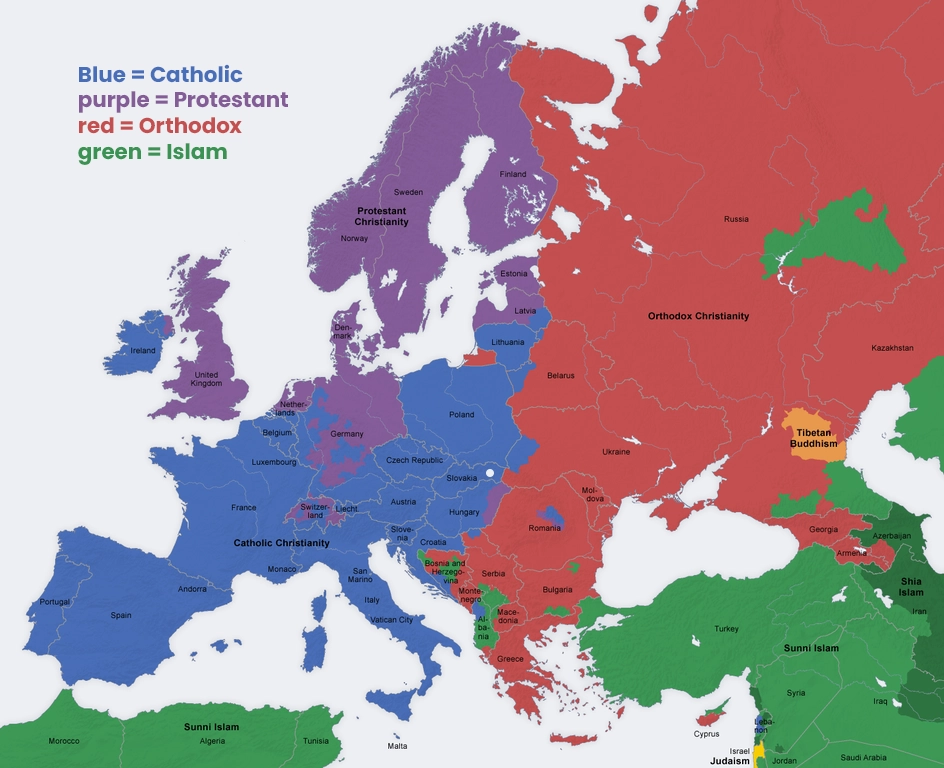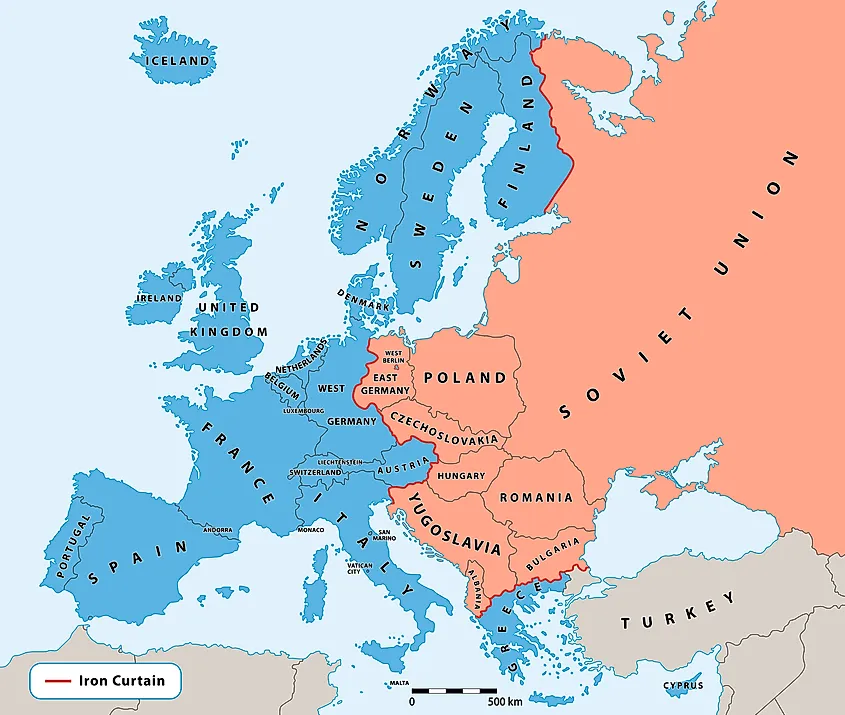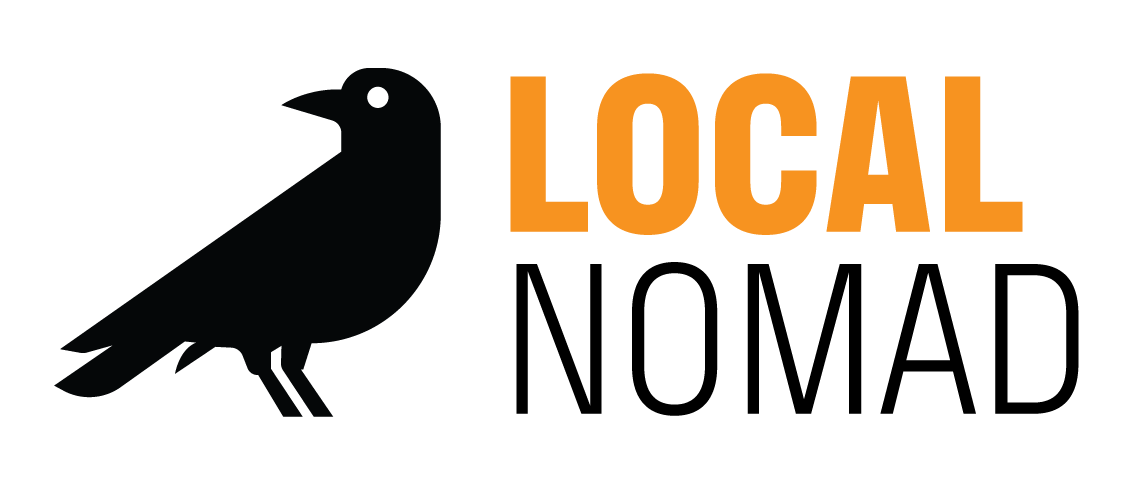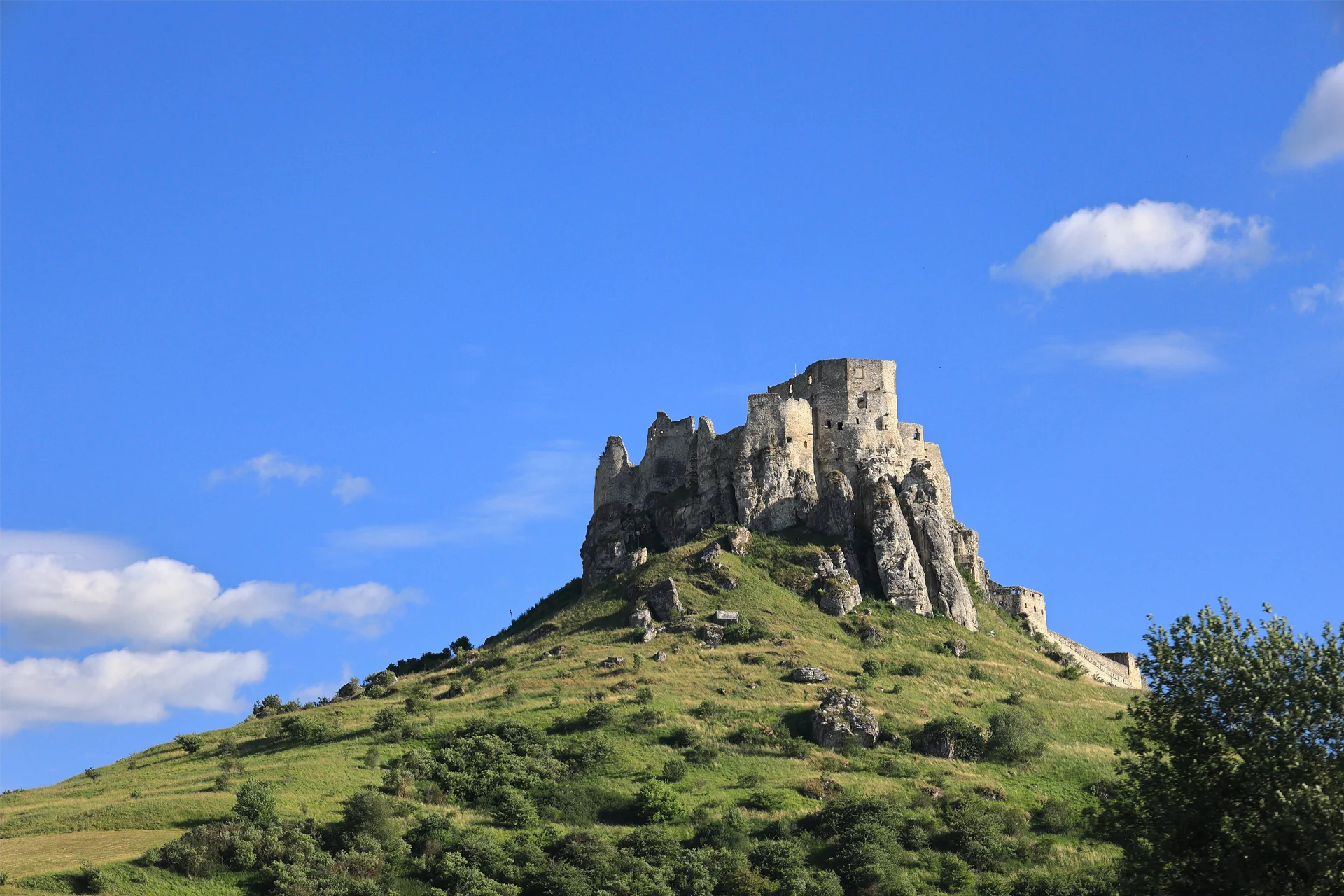Why we don’t like being called Eastern Europe?
You might have come across it before, or maybe not, but Slovaks, Hungarians, Poles, and Czechs don’t particularly like it when you refer to their countries as “Eastern Europe.” It’s better to use the term Central Europe instead. Here’s a brief explanation:
These countries have strong historical and cultural ties to Western Europe rather than Eastern Europe. Their histories are intertwined with Western European influences such as Roman law, the Judeo-Christian religious tradition, and Greek philosophy. This contrasts with the Eastern European countries that have historically been influenced more by Byzantine and Orthodox cultures.
For centuries, the dividing line between East and West was primarily religion. While countries in Central and Western Europe were predominantly Catholic or Protestant, the eastern part of Europe was mainly Orthodox. This difference was also reflected in mentality. Take a look at the religious map of Europe:

The modern division of Europe into the West and East dates back only to the Cold War period, which lasted from 1945 to 1991 – just 46 years.

Long story short: For centuries, we didn’t consider ourselves an “eastern country” – that label emerged only during the 46 years of communist rule, which, as you might have noticed, is over. If you want to know more, join us on our Alternative City Tour.
If you’re interested in literature, check out this essay by writer Milan Kundera:
Post Scriptum
To be honest, on the other hand, it must be said that half of the Slovak population, represented by the current government, would like to be part of the East. Their strange sympathies for Russia cannot be explained other than Stockholm syndrome.





